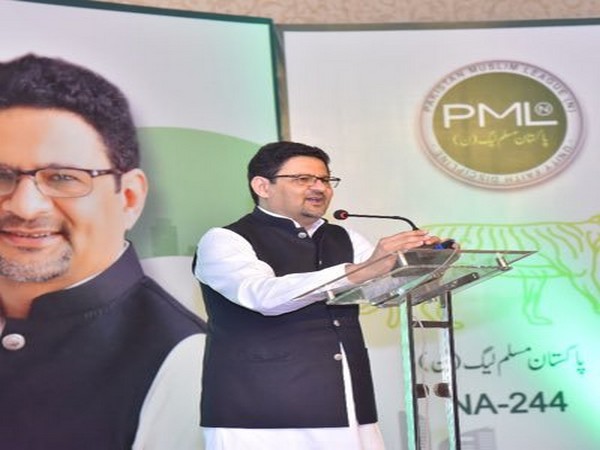Pakistan Finance Minister Miftah Ismail on Tuesday said that the country needed USD 41 billion dollars in the next 12 months. “We have to pay back USD 21 billion in the next year. I am guessing that the outside limit of the current account deficit will be USD 12 billion. I think that we should have reserves of at least three months. So we need USD 41 billion over the next 12 months and I think it will happen,” Dawn newspaper reported Ismail as saying.
The Minister was addressing the Pre-Budget Business Conference organised by the government in Islamabad.
Outlining the problems plaguing the country’s economy, he said that the Shehbaz Sharif government had re-engaged with the International Monetary Fund (IMF).
“We talked to them and we are very, very confident that we will soon have an agreement with the IMF. We are very, very confident of that,” he said.
The Minister further said that an average debt during the PTI government’s tenure was PKR 5,177 billion, while for the PML-N it was PKR 2,132 billion which was used for infrastructure development.
He said that over the span of 71 years, the country’s rulers — including military dictators — took out loans of PKR 25,000bn while former premier Imran took out loans worth PKR 20,000bn over a span of four years.
“This is 80 per cent of all loans taken by the entire government of Pakistan in the previous 71 years,” he said, adding that this had resulted in an increase in debt servicing. “The more you borrow, the more you have to pay.”
The IMF wanted rapid adjustments on the fiscal front in order to bring the economy back on the stabilisation path. The announcement of the next budget for 2022-23 aligned with IMF policies will set the stage for a stabilisation path, but here is the catch-22 situation: the government will have to take tough decisions, instead of doling out resources to gain political support, Geo News reported citing sources.
In such a scenario, the IMF is asking to jack up the Federal Board of Revenue’s tax collection target up to Rs 7.5 trillion for the next budget and reduce development funds as well as subsidies.

